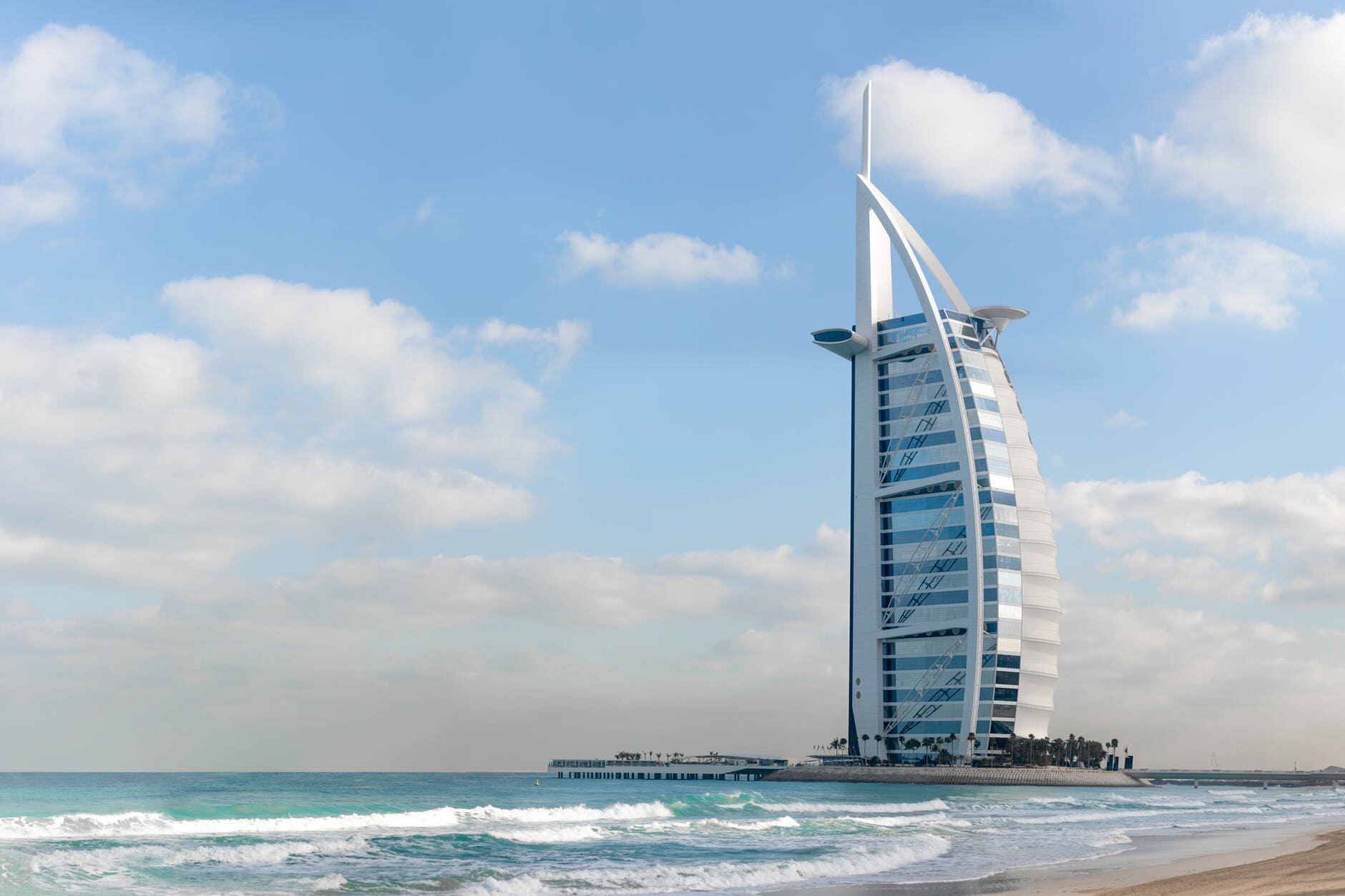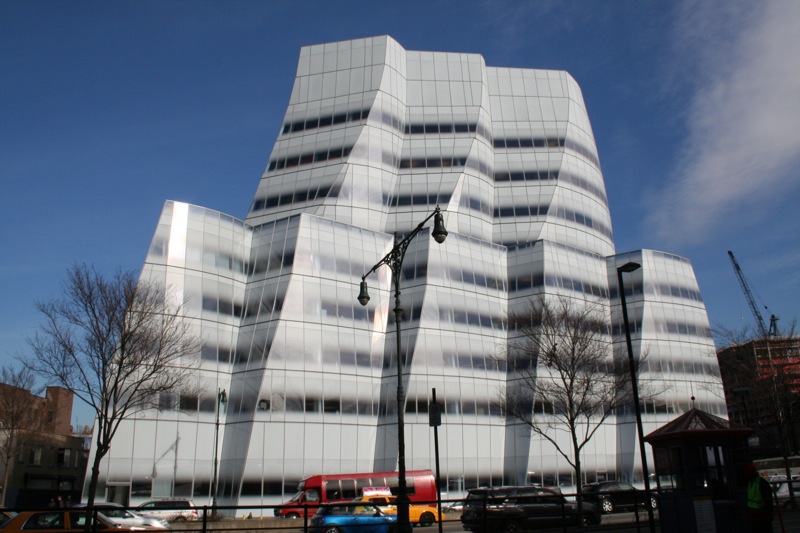Have You Seen These 8 Nautically Inspired Buildings?
Architects from all over the world have took to the seas for inspiration for some coastal buildings. Most commonly mimicking the shape of sails and waves, while occasionally even pulling inspiration from boats. In this article we take a look at 8 buildings that have been designed with nautical inspiration.
1. Burj Al Arab - Dubai, United Arab Emirates
image © pexels
Resembling a J-class yacht, the iconic Burj Al Arab is isolated on a man-made island, and was designed by architect Tom Wright.
2. The Quadracci Pavilion - Milwaukee, Wisconsin
image © Wiki Commons
Located at the MIlwaukee Art Museum is the Quadracci Pavilion which was designed by Santiago Calatrava to look like a boat's prow.
3. IAC Building - New York
image © Flickr
Architect Frank Gehry designed the IAC Building with a twisting clear and white glass facade which closely resembles billowing sails on a yacht.
4. Kobe Maritime Museum - Kobe, Japan
image © wikimedia commons
The Maritime Museum exterior features white steel latticework to resemble three wind-filled sails. Inside the museum, guests will find the history and future of the sea, ships, and ports.
5. Canada Place - Vancouver, British Columbia
image © pxhere
Occasionally compared to the Sydney Opera House, Canada Place in Vancouver, Canada, features a peaked fabric roof which provides a resemblance to sailboats.
6. NV Buildings - Salford, United Kingdom
image © wikimedia commons
Mimicking wind-swelled sails, the NV Buildings are residential structures designed by the architecture firm called Broadway Maylan.
7. Marina Bay Sands Hotel - Singapore
image © pxhere
Although the Marina Sands hotel is most commonly known for having the world's longest infinity pool, it also catches attention for its structural design that appears as though there is a surfboard being perched on top of the three buildings.
8. Sydney Opera House - Sydney, Australia
image © pxhere
Designed by architect Jørn Utzon, the Sydney Opera House is arguable one of the most recognizable buildings for having nautical inspiration implemented into the design. The design features soaring, sail-shaped roofs that compliment the way that the building is situated on water.
If you enjoyed this post, please consider becoming a subscriber to our AECNewsletter. By subscribing, you'll be kept up to date with the latest trends and our most popular blog posts on a bi-weekly bases.














